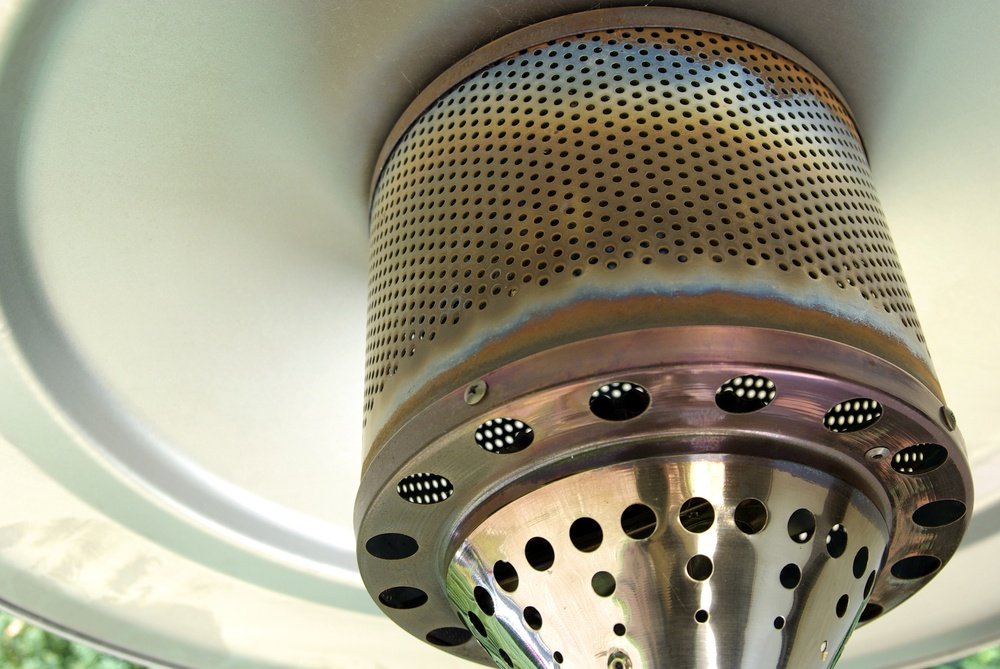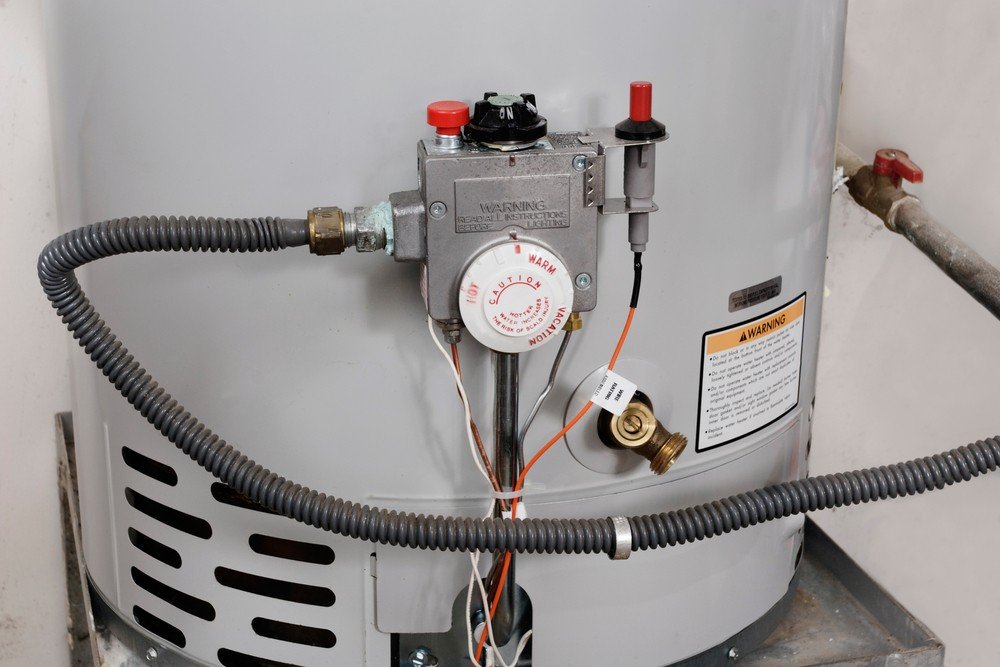Types of Gas Heaters That Could Be Wasting Energy
 Gas heaters and gas furnaces are some of the most cost-effective and sustainable heating solutions available on the market today. But that doesn’t mean they are all created equal: If you want to save energy and lower your heating costs, you need to choose the right heaters for the job. Here are several worth thinking twice about:
Gas heaters and gas furnaces are some of the most cost-effective and sustainable heating solutions available on the market today. But that doesn’t mean they are all created equal: If you want to save energy and lower your heating costs, you need to choose the right heaters for the job. Here are several worth thinking twice about:
Oil vs. Gas
Because oil and gas come from the same source and are both fuels, some people assume they are used in the same types of heaters. This is not true at all. Oil heaters are from an older generation of home heating that is currently dying out – and indeed, you’d probably be hard pressed to find a residential oil heater in most parts of the country. Oil heaters may still have a place in historical renovations and similar projects, but they are being replaced by gas heaters precisely because of energy concerns. Any given gas heater will typically outperform any given oil heater (with some exceptions at the extreme ends) when it comes to energy savings and costs. Having an oil heater in your home is a great sign that you need to upgrade.
Old Gas Heaters
Another key warning sign of energy loss is an old heater, particularly when talking about whole-home heaters found in HVAC systems. The older a heater, the more energy it’s wasting. This is due in part to age and component wear, of course, but the big reason is the continued evolution of technology.
Today’s heaters in the United States are judged by AFUE scores (which combine a number of heating factors) and direct percentages (what percentage of fuel is turned into heat). A gas heater that is 10 years old or more simply won’t be able to keep with a new gas heater, which will come with much better scores and save significantly more energy. Indeed, 10 years is around the cut-off period where the advice is usually, “Replacing your heater and start recouping the initial costs through monthly savings.”
Propane Heaters
Propane and natural gas are very similar – so similar that many don’t even realize the difference. However, propane is a more refined form of the gas that is designed for storage and tank transportation – it offers people in more rural areas the ability to use gas heating. Natural gas is delivered through an infrastructure of gas lines directly to homes, and is generally unrefined compared to propane.
So why the difference? Prices vary, but when refinement and transportation are both taken into account, propane tends to be more expensive and less sustainable even if it is more efficient on the burner. In other words: If you have a choice between propane and natural gas, choose natural gas. If you have a choice between propane and another heating source (electric, oil, etc.), you should probably go with propane. The only thing that tends to reliably beat gas heaters, propane or natural, is the versatile heat pump.

Space Heaters
Space heaters are a more complex issue when it comes to wasting energy, because they can be very efficient in some circumstances, and inefficient in others. In the best case scenario, a space heater is useful for heating one moderately-sized room – like a living room where the family gathers. Here, it will absolutely save you money. However, if you use the space heater to heat more than one room, problems with large spaces and air flow emerge. A space heater cannot beat a whole-home heater in terms of efficiency, so this starts to waste energy without accomplishing much.
Remember that ventilation is very important when using a gas heater. While there are some “fumeless” options available, most will produce dangerous fumes and require some access to airflow outside the room to be safe.
Traditional Water Heaters
We need to mention the water heater, too, because gas water heaters are common and yet inefficient. Traditional water heaters (modern versions have grown better about this) tend to keep water heated for long periods of time, often unnecessarily. This wastes a significant amount of energy, but is difficult to control unless you buy an entirely new heater. Today’s low flow and tankless water heaters are designed to only heat water as it is needed, which saves energy around the home each day.
Still unsure of how efficient your heater may be? If you want more information before making a decision on replacing a gas heater, you can take a closer look at your own home’s energy efficiency with digital tools like Benefyd.


